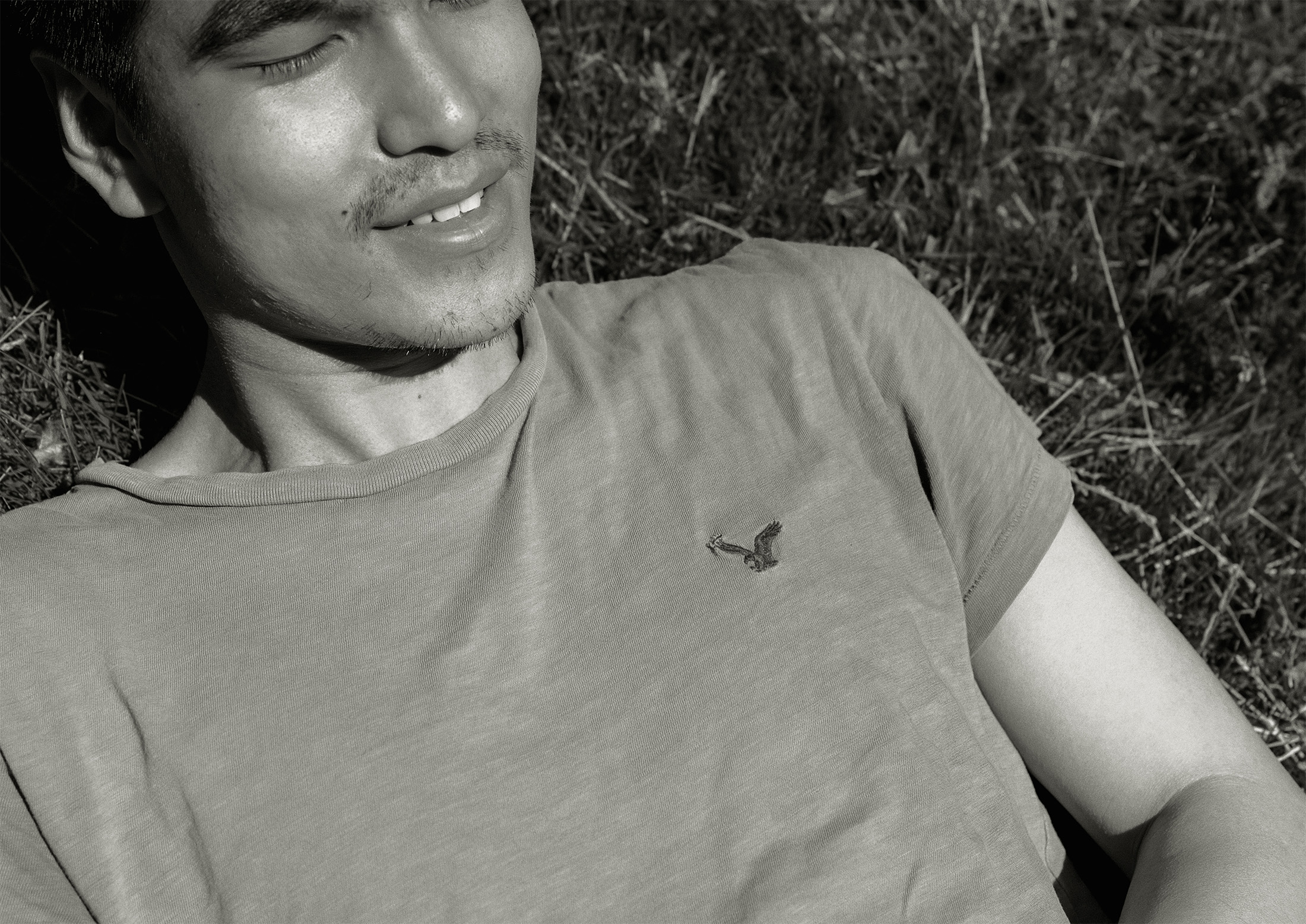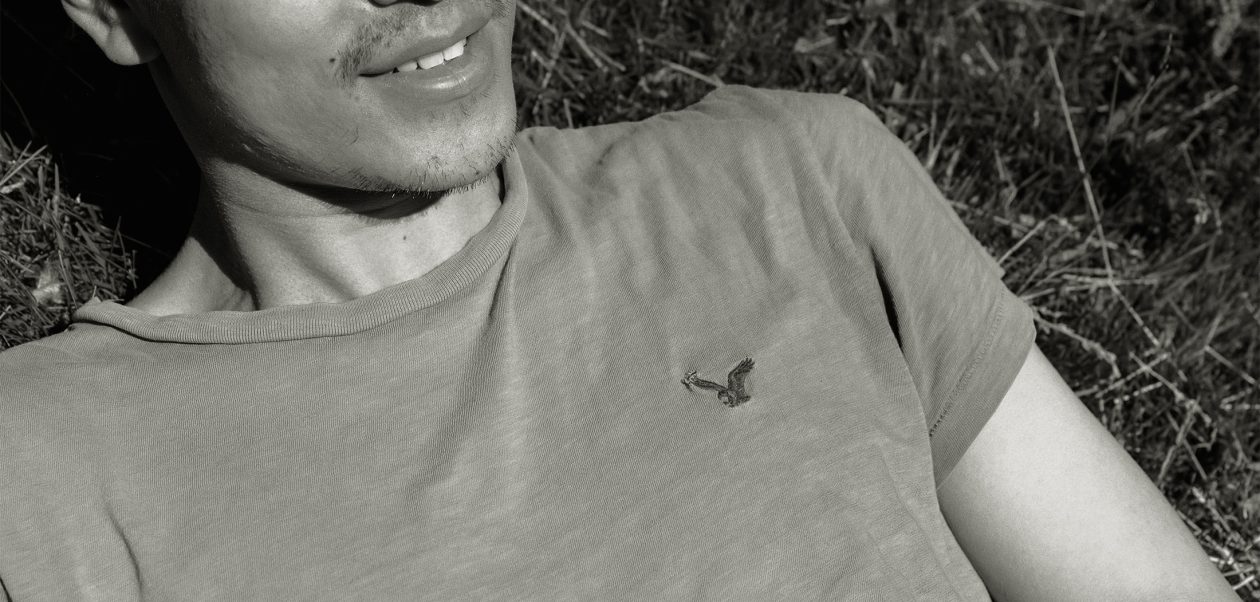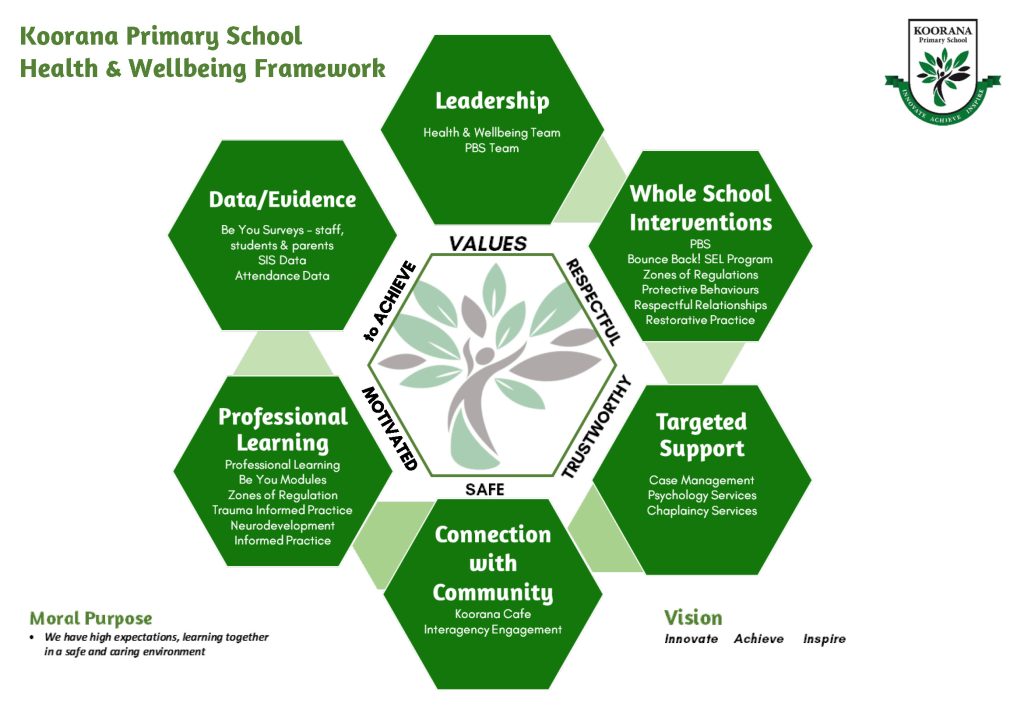
I’m not someone who enjoys grand Thanksgivings. It’s not that I dislike a holiday with extended family—I generally do—but to me, Thanksgiving holds a unique place. It’s something special between my dad and me…
My parents separated when I was two, leading me to spend holidays shuttling between them. Christmas was always in New York with my mom, grandparents, and a bunch of cousins—us all dressed in tights and shiny shoes, giggling through a formal lunch until the adults finally let us loose on the tree. It was festive and elegant, and I cherished it.
Thanksgiving, conversely, was all about my dad and me, piecing it together in his bachelor apartment on the outskirts of Washington, D.C. It was simple and unpretentious—and I adored it just the same.
We would search the supermarket aisles for the tiniest turkey we could find (which still turned out to be too big, but that was fine). We’d briefly contemplate making stuffing from scratch (“We should really do that, right?”), and then opt for a big bag of the pre-made mix (“It’s surprisingly good!”). We would steam some brussels sprouts, which we both liked better than green beans. And every year, we’d somehow manage to mess up the mashed potatoes. We agreed the worst instance was when we swapped the butter for extra virgin olive oil.
We cooked in our socks with music playing, and when our meal was ready, we’d gather at dad’s two-person dining table. We never offered a formal grace, but my dad valued giving thanks for everything we had, particularly for each other. So we’d look at one another—him beaming affectionately, and me with a knowing grin—and he would say thank you for both of us. For the feast we prepared, for all the amazing things happening in our lives (“Kelsey getting her own song in the musical.” “Kelsey embarking on college.” “Kelsey’s new apartment and job, with benefits!”), and for our time together. We’d say “amen” and dig in, before finding something to watch on TV.
I never added any personal thanks to my dad’s casual prayer. But I think he understood how happy I was to be there with him—his adored only child, the other half of our small family. I never once yearned for a larger, more festive holiday. I cherished our little traditions, shared jokes, and amusing memories. When I went to college, my dad moved in with his partner, Cindy—a Thanksgiving expert who could whip up an entire feast solo (though I promise we helped). A decade later, I met and married my husband, Harry. And although our Thanksgiving gatherings grew a bit larger, our traditions stayed: the socks, the music, my dad’s bright smile as he regarded me and recited his list of gratitude. “Most of all, I’m thankful to have such a wonderful daughter,” he’d always conclude, despite my eye rolls. “Well, I do, Kels.”
As the years went by and my life expanded, Thanksgiving still felt like my dad’s day. Even if we only conversed over the phone, he always expressed his gratitude for having such a wonderful daughter. “And an incredible granddaughter,” he remarked after my daughter Margot was born. “I can’t fathom what I’ve done to deserve it.”
We planned to celebrate Thanksgiving 2024 together in Maryland, where he and Cindy had relocated a few years earlier. Harry and I arranged our travel plans and informed dad and Cindy we’d bring the pies. Then, a month before the holiday, my dad received a diagnosis of advanced lung cancer. I still intended to visit for Thanksgiving—of course, I would. But ultimately, dad said he just wasn’t feeling up to it. He attempted to make things festive from a distance. If you could send me the name of a restaurant nearby, I’d like to order you all a Thanksgiving feast! he texted—conversation was exhausting by that point. All the trimmings! I responded that I appreciated the offer but not to worry about us. We’d be perfectly fine; we had friends who invited us over, and we would enjoy a delightful, cozy Thanksgiving. That wasn’t a lie, but it also didn’t tell the whole story. The whole story was an overwhelming, desperate grief so vast that I feared it might tear me apart if I voiced it.
My dad entered hospice the week after Thanksgiving. We visited him. Margot chatted with him and performed the latest songs she learned at school, and he listened attentively, nodding with the same genuine interest he had shown her with every word and gesture since the moment he first held her. She embraced him repeatedly and said goodbye. It felt odd to do so when he was still very much himself—thinner and weary, but not “actively dying,” as the hospice nurse described it. It was her gentle suggestion that Margot should have a final visit with him, ideally before he reached that stage—while he could still converse, listen, and engage in their silly inside jokes together. It seemed so profoundly unjust that she’d only have five fleeting years to share those jokes and songs with him—this man who loved with steadfast, patient kindness. The one who would answer the phone at 7 a.m. if she wanted to chat. The one who remembered the words to all the songs she created. The one whose hand she reached for whenever it was there to hold, and the one who consistently, always held hers in return. Watching them, I wished, deeply, that she could enjoy as much time with him as I had. And I was so grateful for the time she did have with him. This is what I’m thankful for. This, this, this.
My dad passed away less than three months later, in early February. The remainder of this year has been marked by fits and starts. These days, I experience intervals of relative normality followed by lengthy stretches of overwhelming grief. I’m brushing my teeth, going to work, and all that, but I wouldn’t claim to have my footing back. If anything, I’ve become more unsteady since fall arrived, as I navigate all these first anniversaries: the day he called to break the news; the day he began hospice; the day Margot asked him for the last time, “Can I sing you a song?”
Yet Thanksgiving remains my dad’s day. So, last month, I reached out to Cindy and asked if we could spend it with her. “We don’t need a formal meal or anything,” I told her. “We can order pizza. We can simply hang out and figure it out.” In the haze of grief, I wasn’t entirely sure what I was asking for, but she seemed to understand in some way, possibly because she’s navigating the same haze. So this Thanksgiving, I will get in the car and take my family to Maryland, where we can all work it out together. I have no idea what the holiday will look like this year, or in any years to come. But I know we’ll piece it together, one way or another, just like we always have. And when we sit down to enjoy our Thanksgiving pizza, I will look at my daughter and tell her that of all the things I’m thankful for, it’s her that I’m most grateful for. And so was her grandfather.
P.S. Suggestions for writing a condolence note, and rituals to assist yourself through grief.
Title: Navigating My First Thanksgiving After Dad’s Passing
Thanksgiving has always been a valued occasion in our family, a day abundant with laughter, appreciation, and the fragrance of scrumptious home-cooked meals. However, this year was distinct. It marked the first Thanksgiving without my dad, and the void was evident.
In the weeks leading up to the holiday, I found myself swinging between excitement and anxiety. Thanksgiving was my dad’s cherished holiday. He relished the customs, the togetherness, and above all, the food. He was the one who expertly carved the turkey, guided us in grace, and shared tales from his youth that never failed to amuse us. The idea of celebrating without him felt overwhelming.
As the day drew near, I chose to pay tribute to his memory by incorporating some of his beloved traditions. I took on the task of carving the turkey, a chore I had always witnessed him execute with skill and pride. I also made his renowned stuffing recipe, a dish that had been handed down through generations. Preparing it was a bittersweet journey, as the familiar aromas filled the kitchen and reopened a flood of memories.
Our family gathered around the table, and the vacant chair where my dad once sat starkly highlighted his absence. We decided to initiate a new tradition by sharing our favorite remembrances of him. Each narrative reflected his kindness, humor, and the love he held for each of us. It was a healing experience, allowing us to sense his presence in an alternative manner.
During grace, a surge of emotions washed over me. I felt thankful for the years we shared and the wisdom he passed down. I was also grateful for my family, who offered support and resilience during this tough time. It was a moment for contemplation, reminding me of the core meaning of Thanksgiving—valuing what we have, even in the shadow of loss.
As the day unfolded, I came to realize that while my dad wasn’t physically there, his essence remained very much alive within our hearts and customs. We laughed, reminisced, and shed some tears, but most importantly, we celebrated the love that continues to unite us.
Encountering my first Thanksgiving after my dad’s passing was demanding, yet it also presented a chance for healing and development. It illuminated the significance of treasuring memories, welcoming new customs, and finding gratitude even amidst sorrow. Though the holiday will never revert to what it was, I find comfort in knowing that my dad’s legacy persists in the stories we share and the love we carry on as a family.




